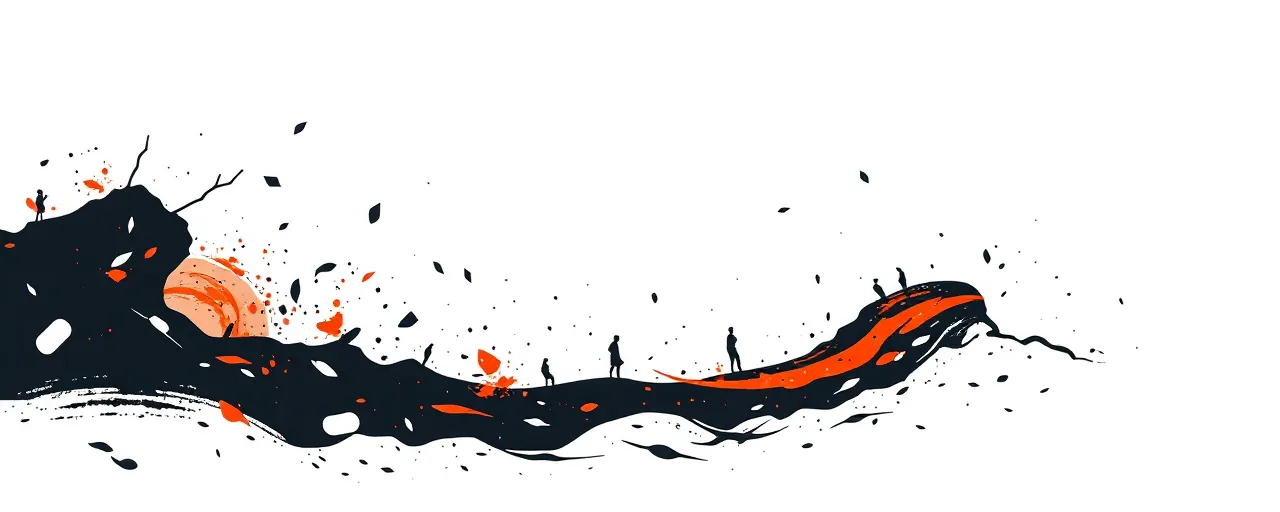A Resurgent America Takes on Iran
President Trump’s declaration that 'we’re doing a good job on Iran' isn’t just rhetoric; it’s a battle cry for a reinvigorated U.S. foreign policy. Standing shoulder-to-shoulder with Israeli Prime Minister Benjamin Netanyahu, Trump has revived the maximum pressure strategy, a no-nonsense approach to choke Iran’s nuclear ambitions and regional meddling. This isn’t about posturing. It’s about restoring American dominance in a region where weakness invites chaos.
For too long, Iran’s regime has exploited diplomatic niceties, inching closer to a nuclear arsenal while funding proxy wars that destabilize the Middle East. Trump’s alignment with Israel signals a return to clarity: the U.S. will not coddle a regime that chants 'Death to America.' His strategy, rooted in punishing sanctions and unwavering support for our staunchest ally, is a direct rebuke to years of appeasement.
Contrast this with the previous administration’s feckless overtures. The Iran nuclear deal, or JCPOA, was sold as a triumph of diplomacy but left Iran’s coffers flush and its centrifuges spinning. Trump’s withdrawal from that deal in 2018 wasn’t reckless; it was a recognition that half-measures don’t deter fanatics. Today, his renewed push for maximum pressure is a calculated escalation, one that prioritizes American security and Israeli sovereignty.
Sanctions That Bite, Not Bark
The backbone of Trump’s strategy is economic sanctions, and they’re hitting Iran hard. By targeting oil exports, financial networks, and support for groups like Hezbollah, the U.S. has slashed Iran’s ability to fund its malign activities. Data shows Iran’s economy reeling, with oil revenues plummeting and inflation soaring. This isn’t abstract policy; it’s a deliberate squeeze to force Tehran to the table or face collapse.
Critics argue sanctions hurt more than they help, pointing to humanitarian costs or Iran’s stubborn nuclear advances. They’re not entirely wrong, but they miss the point. Sanctions aren’t a magic wand; they’re a tool to disrupt and deter. Historical evidence backs this: multilateral sanctions on apartheid South Africa contributed to its eventual reforms, and coordinated pressure on Libya in the 2000s led to its nuclear rollback. Iran’s regime, while defiant, isn’t immune to economic strangulation.
Skeptics also claim diplomacy alone can tame Iran. They pine for a return to the JCPOA, ignoring that Iran used the deal’s loopholes to advance its nuclear program while arming proxies. The International Atomic Energy Agency has flagged Iran’s non-compliance repeatedly, with enriched uranium stockpiles now far exceeding deal limits. Trump’s approach isn’t blind aggression; it’s a refusal to trust a regime that’s lied for decades.
Israel: America’s Unbreakable Ally
Trump’s alignment with Israel is more than strategic; it’s a moral stand. Israel, a beacon of democracy in a turbulent region, faces existential threats from Iran’s proxies and missile programs. The U.S.-Israel alliance, fortified by over $10 billion in recent arms sales, ensures Israel’s qualitative military edge. This partnership isn’t just about weapons; it’s about shared values and a mutual commitment to freedom.
The Abraham Accords, a Trump-era triumph, reshaped the region by normalizing ties between Israel and Arab states, uniting them against Iran’s aggression. The October 7, 2023, Hamas attack only deepened U.S.-Israel resolve, proving that Iran’s proxies thrive on division. Trump’s unequivocal support for Israel contrasts sharply with those who equivocate, demanding concessions from Jerusalem while Tehran’s missiles loom.
Some argue the U.S. should temper its support, citing Israel’s actions in Gaza or the need for broader Arab buy-in. This view underestimates Iran’s role as the region’s chief arsonist. Without Israel as a bulwark, Iran’s influence would spread unchecked, threatening not just Tel Aviv but Riyadh and beyond. Trump’s policy recognizes this reality, prioritizing strength over sentiment.
The Cost of Hesitation
The stakes couldn’t be higher. Iran is closer than ever to a nuclear weapon, with the IAEA reporting accelerated uranium enrichment. The expiration of the New START treaty in 2026 risks a broader arms race, making Iran’s ambitions even more dangerous. Trump’s critics, who favor endless talks, ignore history: North Korea’s nuclear breakout happened under the guise of diplomacy. We can’t afford a repeat.
Maximum pressure isn’t perfect, but it’s pragmatic. It’s forced Iran to ration resources, limiting its ability to arm Hezbollah or the Houthis. It’s also sent a message to other rogue states: the U.S. won’t blink. While some push for a new nuclear deal, Trump’s team is clear-eyed, demanding verifiable compliance over vague promises. Anything less invites catastrophe.
The alternative—diplomacy without teeth—has failed before. The JCPOA didn’t stop Iran’s ballistic missile tests or its proxy wars. Those advocating a softer approach risk emboldening Tehran, undermining Israel, and weakening America’s global standing. Trump’s strategy, while bold, is rooted in a truth: strength, not concessions, secures peace.
A Vision for Victory
Trump’s Iran policy is a blueprint for American leadership. By pairing maximum pressure with robust support for Israel, he’s charting a course to neutralize one of the world’s most dangerous regimes. This isn’t about war; it’s about preventing one. Sanctions, alliances, and a willingness to act decisively ensure Iran faces a choice: comply or crumble.
The road ahead demands resolve. Americans, weary of foreign entanglements, deserve a policy that protects their interests and honors their values. Trump’s approach does both, reinforcing U.S. security while standing firm with Israel against a common foe. It’s time to rally behind this vision, reject the failed dogmas of appeasement, and secure a future where America leads with strength.
